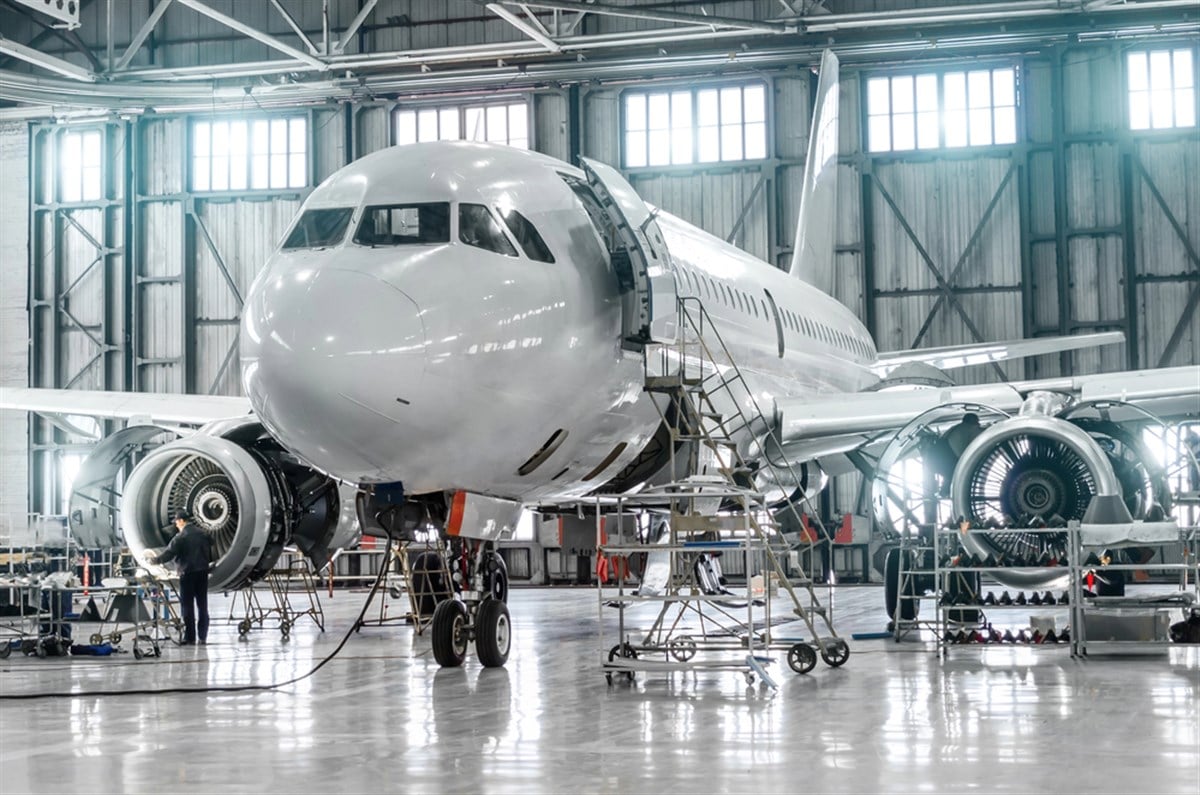
Last week, Boeing (NYSE: BA) announced it is acquiring one of its key suppliers, Spirit AeroSystems (NYSE: SPR), for $37.25 per share. The transaction represents an equity value of $4.7 billion and an enterprise value of $8.3 billion, as Boeing will assume $3.1 billion of Spirit's debt. At the time of the announcement, the sale price represented a 30% premium to Spirit’s stock price. Let’s break down the two businesses and the history of their relationship. Then, we can understand the reasons behind the decision and whether it makes sense.
Boeing's Segments and Key Partnership with Spirit AeroSystems
Boeing is one of the world’s major aerospace companies. It has three reportable segments: Commercial Airlines, Defense, Space & Security, and Global Services. Commercial Airlines develops and produces commercial jet aircraft and made up 44% of its revenues in 2023. The Defense, Space & Security segment produces military aircraft and weapons systems. It made up 32% of revenues in 2023. The Global Services segment provides many services for commercial and defense customers. It made up 25% of revenues.
Spirit AeroSystems is one of the world's largest producers of aerostructures for original equipment manufacturers (OEMs) such as Boeing and Airbus (EPA: AIR). Aerostructures are the primary components of an aircraft's airframe, which is the fundamental mechanical structure of an airplane, excluding items such as passenger seats or cockpit control systems. Spirit’s core products include fuselages, wings, pylons, and nacelles.
Boeing and Spirit have a longstanding relationship. Boeing owned and controlled a significant portion of the firm's operations up until 2005. Spirit was then spun off into a standalone firm. As part of the spin-off, the firms entered into a lifetime agreement. Spirit would be the only supplier of aerostructures for Boeing’s commercial planes. This agreement applied to the B737, B747, B767, B777, and partially to the B787. Boeing's business made up 64% of Spirit’s net revenues in 2023, while Airbus accounted for 19%.
Boeing's Acquisition of Spirit to Address Quality Control and Safety Issues
Boeing decided to acquire Spirit to rectify quality control issues and signal to regulators that it is doing everything possible to make its planes safer. Safety concerns have been growing over the last several years. These issues started back in 2018 and 2019 when two 737 Max crashes left 346 people dead. Earlier this year, a portion of a 737 Max 9's cabin flew off the plane in midair, leaving passengers exposed. A terrifying video of the event surfaced online, adding to Boeing's public relations nightmare. This defect involved a mistake by Spirit’s employees failing to properly reinstall a panel they had repaired. More criticism came after questions about Spirit’s fuselage manufacturing caused delays in the production of 737 Max aircraft.
These safety concerns have damaged Boeing's market share in commercial airlines. In 2017, Boeing held a slight lead in net orders over Airbus. In 2023, Airbus accounted for 65% of net orders and 59% of deliveries.
A Long-Term Move to Regain Market Share and Restore Profitability
Ultimately, this acquisition makes sense. Shares are down 23% over the last three years, and something needs to change. Looking at the firm’s bottom line, it has been hemorrhaging money over the last five years. It cut its net loss by over half from 2022 to 2023, to $2.2 billion. However, this is far from the net income of $10.5 billion the firm earned in 2018. To regain profitability, the firm must dramatically increase its net orders and deliveries. Manufacturing airplanes is extremely expensive and has high fixed costs. To make up for this, Boeing needs to achieve economies of scale.
Spirit manufactures critically important parts of Boeing's planes. It is paramount to have full control over essential parts of its supply chain to efficiently produce planes at the level required to become profitable again.
Boeing would have liked to fix quality issues without paying billions for Spirit. But, it likely realized that wasn't possible. Spirit's CEO stepping down in 2023 demonstrates the internal turmoil at the firm.
Boeing’s share price has changed little since the announcement, which shows that investors are indifferent. However, this long-term move will be positive if Boeing shows it is fixing quality control issues. This will lead to more orders and deliveries over time, eventually helping Boeing’s stock price rise again. The average price target for Boeing implies an upside of 21% from the current level.




